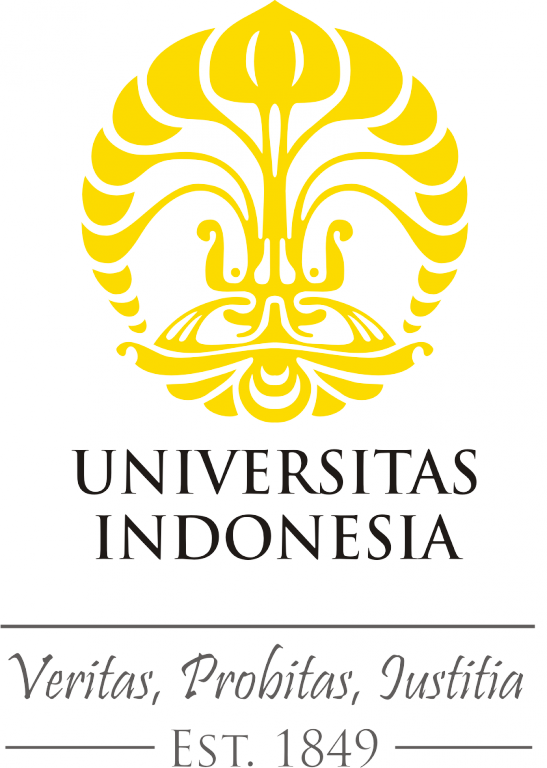Essentials of Statistics for the Behavioral Sciences (MindTap Course List) 10th Edition (INSTRUCTOR'S MANUAL)
Type: Instructor's Manual (Khusus Do


| Call Number | SEM - 362 |
| Collection Type | Indeks Artikel prosiding/Sem |
| Title | The impact of object ordering in memory on java appplication performance ( hal 296 - 301) |
| Author | Amil A. Ilham, Kazuki Murakami; |
| Publisher | Proceedings ICSIIT 2010: International conference on soft computing intelligent system and information technology 1-2 July 2010 Bali Indonesia |
| Subject | Java, Object, memory, garbage collection, cache |
| Location |
| Nomor Panggil | ID Koleksi | Status |
|---|---|---|
| SEM - 362 | TERSEDIA |